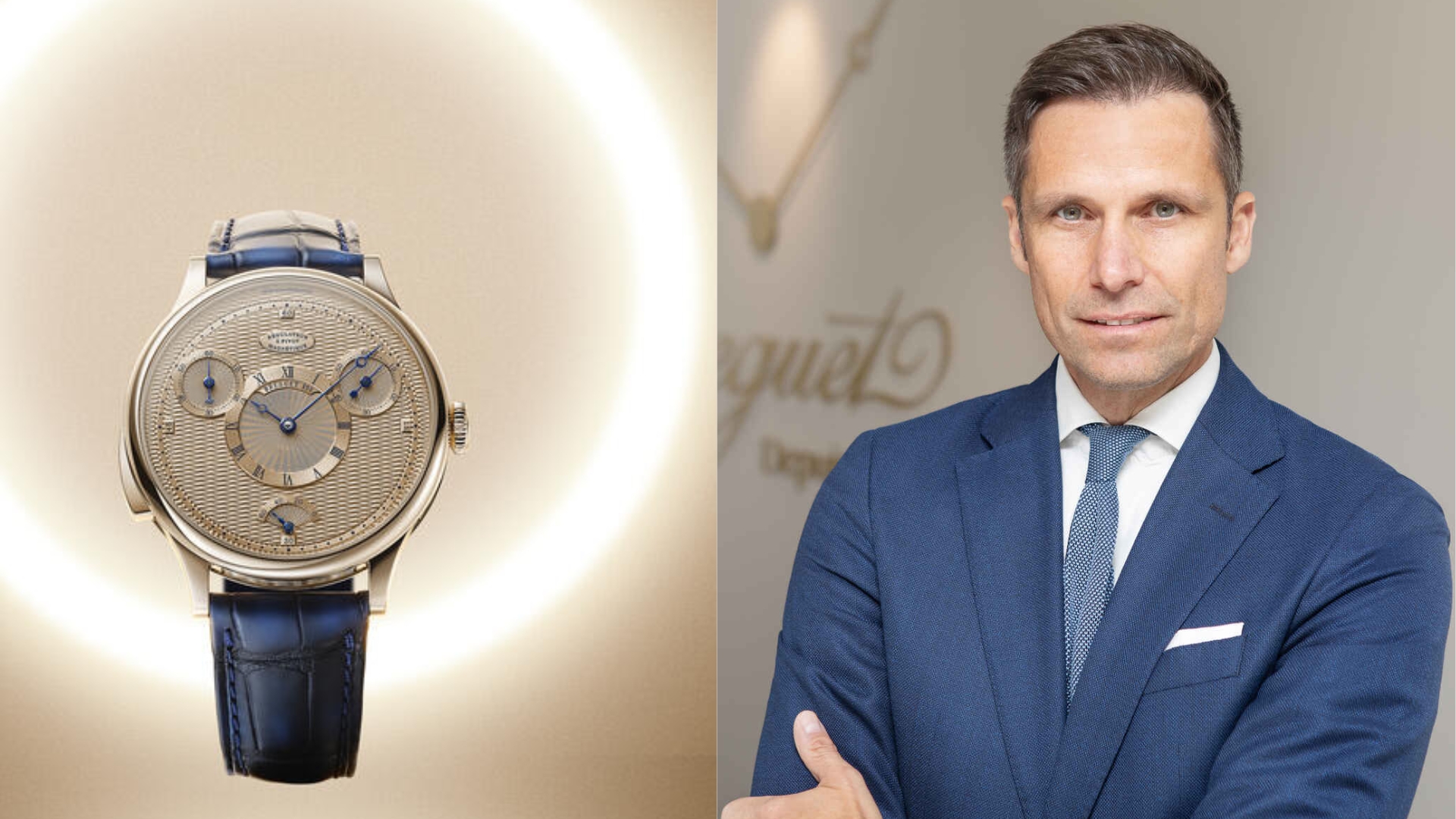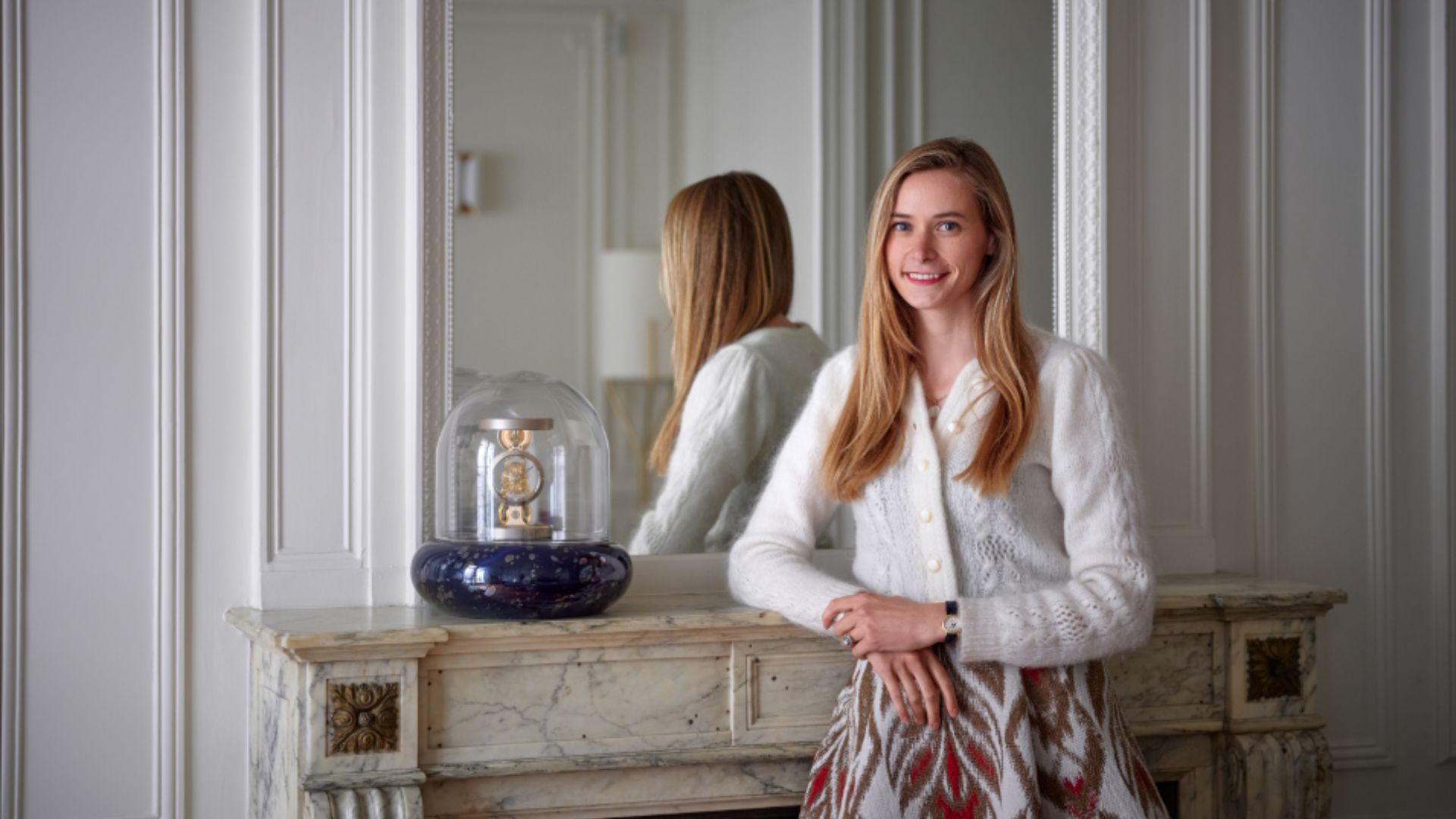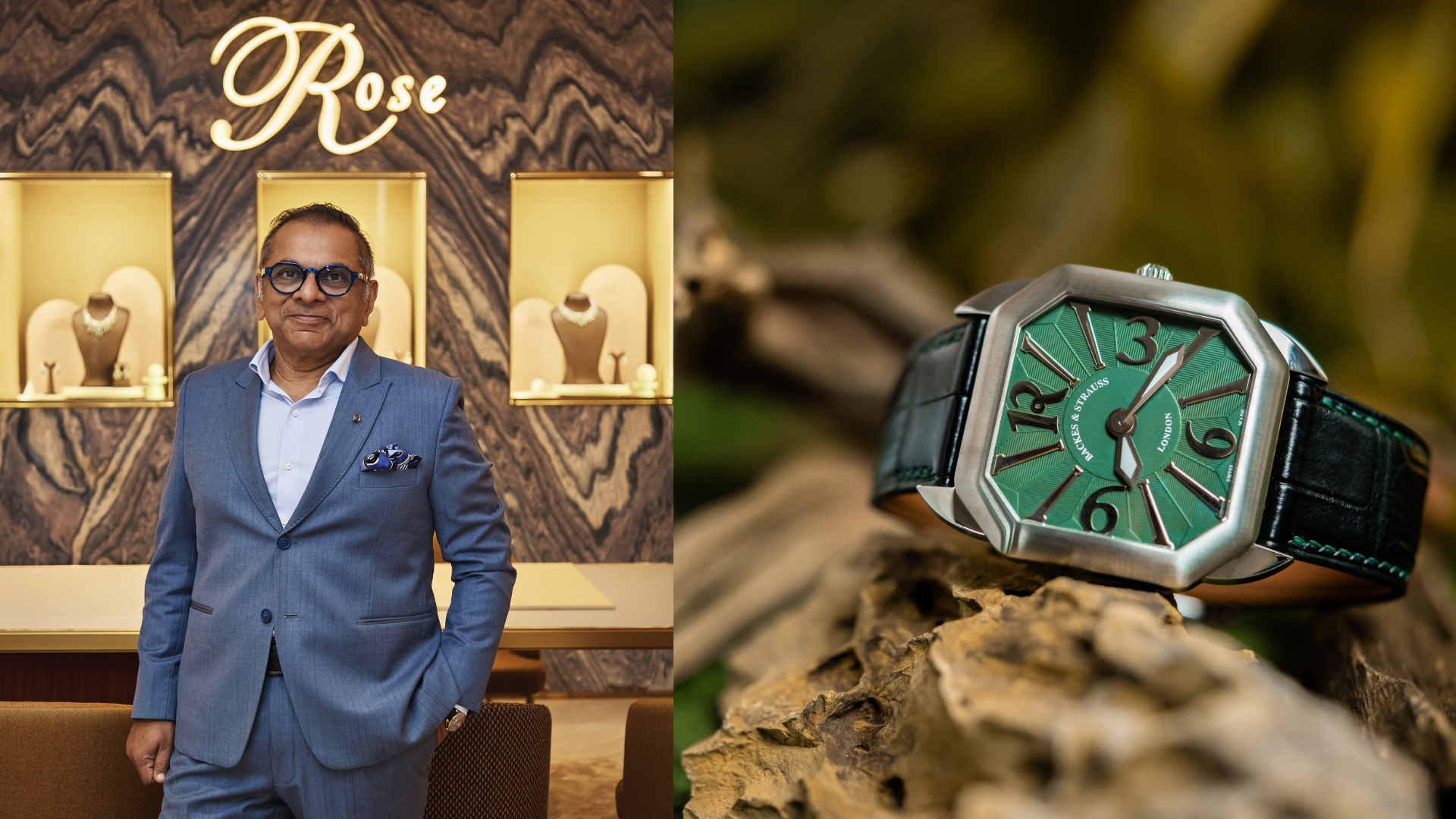Please Compete, GPHG Chief Tells Indian Watch Brands


Formed in 2001, the Grand Prix d'Horlogerie de Genève (GPHG) recognises and rewards brilliant timepieces each year; over the years, their awards have become known as the 'Oscars of Watchmaking'. Last weekend saw the GPHG exhibit return to New Delhi, eight years after its first visit to India. During the two-day event hosted by Ethos Watch Boutiques, a whopping 80 timepieces were on display and leading the efforts for the GPHG was Raymond Loretan, the Geneva-based foundation’s president.
Loretan has certainly had an interesting run as the GPHG president since he took over in 2018; his tenure has seen the foundation face the pandemic years. Moreover, he has been actively working towards consolidating the reputation of the foundation and the awards. GMT India’s Managing Editor Vidya Prabhu caught up with the GPHG president to discuss the organisation's key initiatives, promoting impartiality and sustainability and attracting more participation. Excerpts from the interview:
Vidya Prabhu (VP): You took over the reins at GPHG in 2018. So, how would you look back at these four years, especially in the context of the pandemic?
Raymond Loretan (RL): It was challenging for everybody, including us. There’s always a certain learning involved in such an organisation, especially in the beginning. What I am particularly proud of is the realisation of the Academy. For me, it’s a turning point, because the idea was in the air and then we said, “Let’s do it.” For our 20th anniversary, we created this Academy and that was our present to ourselves and to the watch industry. Creating the Academy allowed us to change the positioning of the organisation in the world, from being just a watch competition to a serious awards event.
VP: GPHG is hailed as the Oscars of watchmaking.
RL: Yes, we have dramatically changed the selection process of the Grand Prix, because earlier, we had a jury of 30 people appointed by the Grand Prix and by the foundation. We were suspected of not being totally impartial. This isn’t true, we wanted to put a stop to this kind of talk. So, with the institution of this Academy worldwide and a whopping 650 academicians, the suspicion of partiality can be really put aside. With this Academy, I have tried to develop a few principles on which we can base our future.
VP: How did you zero in on these principles?
RL: To begin with, it’s the principles that are most dear to me: those of impartiality and neutrality. These are also identified with Switzerland, the base country of the Grand Prix. Universality of the Grand Prix is another equally important principle; this is seen not only in the selection process, but also through the fact that we are open to all brands. While we are very much the instrument for promoting Swiss watches, we do not wish to be limited to this; we are also here to promote non-Swiss (I call them non-Swiss instead of foreign) watches. And this year, we have 12 non-Swiss watches in the running, out of which three are Asian watch brands ― Grand Seiko and Kurono Tokyo are Japanese and another one is from Singapore.
VP: And there is no Indian brand yet.
RL: Unfortunately, no. I’d like to tell Indian watch brands to please compete. It will help create awareness about your brand ― you’d be able to tell the world that you exist. So, yes, we want to build on this universality of the Grand Prix. Solidarity is another important principle. All brands should show solidarity with the watch industry and this will be possible when everyone participates without any fear of losing. We need to remember that to participate is to win. Some brands are reluctant to come in because they think they may not be selected, but I am saying, so what if you are not selected? One must still show solidarity with the industry at large.

From L-R: Pranav Saboo, Co-founder and CEO of Ethos Limited, Raymond Loretan, President of the GPHG Foundation, Carine Maillard, Director of the GPHG Foundation, Yashovardhan Saboo, Founder and Chairman of Ethos Limited, Aurel Bacs, Senior Consultant at Phillips Auctions, Patrik Hoffmann, Executive Vice President at WatchBox, Jan Edocs, CEO of Doxa Watches
VP: How do you plan to attract more participation from brands and people alike?
RL: At GPHG, we do not have a commercial approach because that’s not our job. My job is to promote the watch industry and the values it holds so dearly. We are talking about such values as tradition, precision, aesthetics, art and innovation. Also, the watch industry employs so many talented craftsmen and artists. What we are doing — and need to do more of — is to create more awareness about watches, watchmaking and GPHG. For instance, when we have our exhibition in Geneva, we invite young people to observe, create and make watches. Two years ago, when we were in Singapore, we invited students, who were interested in watchmaking, to our event. I wish we could have done something similar in India as well.
And lastly, we need to talk more about sustainability.
VP: Yes, sustainability is quite the buzzword these days.
RL: I think it’s more than that; it is a conversation we cannot afford to avoid now. We need to contribute to it and we are doing our bit. For instance, for the innovation prize this year, we are putting more emphasis on the sustainability of the watch.
VP: It’s not an easy road…
RL: Oh no, it’s not. It’s a lot of work and we are a small organisation. More importantly, we cannot take money from the watch industry. Let me clarify this - yes, the watch industry supports GPHG in the sense that when a brand enters its watch into the competition, it pays us an entry fee. But this is a modest amount of a few thousand francs. In return, the watches get to travel across the world with us. Outside of this, we enjoy support from Canton and City of Geneva, but for many running costs, we need to find independent sponsors.
VP: Because you have to stay impartial and cannot favour one watch brand over another.
RL: Exactly. No watch brand can sponsor GPHG events. That’s also why I don’t wear a watch myself.
VP: Oh, you don’t wear a watch now? Guess that means we can’t ask you about your favourite watch.
RL: No. I stopped wearing them when I took up this job. I gave all my watches to my son and told him to hold on to them while I continue in this role.
VP: That’s very interesting. So, how is the Indian watch market being viewed in recent years, especially in the light of the pandemic?
RL: I’d say that the world over — and in India — the pandemic only had a marginal impact on luxury watch purchases. In fact, there was a positive outcome at one point because people were not able to travel anymore and they compensated for it by spending on their passion for watches.
Regarding the road ahead, India is the largest democracy in the world, so yes, everybody's interested in doing business here. Of course, there is a lot of work that needs to be done to achieve this smoothly.
VP: GPHG took eight years to come back to India for the second time. Do we see it coming back to India sooner the next time around?
RL: There’s a lot of hard work that goes into putting together such an event and we need a host to invite us; Ethos Watches has been gracious enough to do so on both occasions. Navigating customs in India is another key area that needs time and effort. So, we can’t say we can come down each year. Besides, there are so many countries we need to take the watches to. We get just one-and-a-half months to take these watches on a tour, so we cannot go to more than three or four destinations each year.
VP: Lastly, the Astronomia Metaverso NFT Venus is the first digitally-led, physically redeemable NFT to be nominated in a GPHG category. Do we see watch NFTs emerging as an independent award category in the coming year?
RL: I haven’t given it a thought yet. Ask me next year!
Group Photo by: Ishwar Prasad
















%20(4).jpg)
